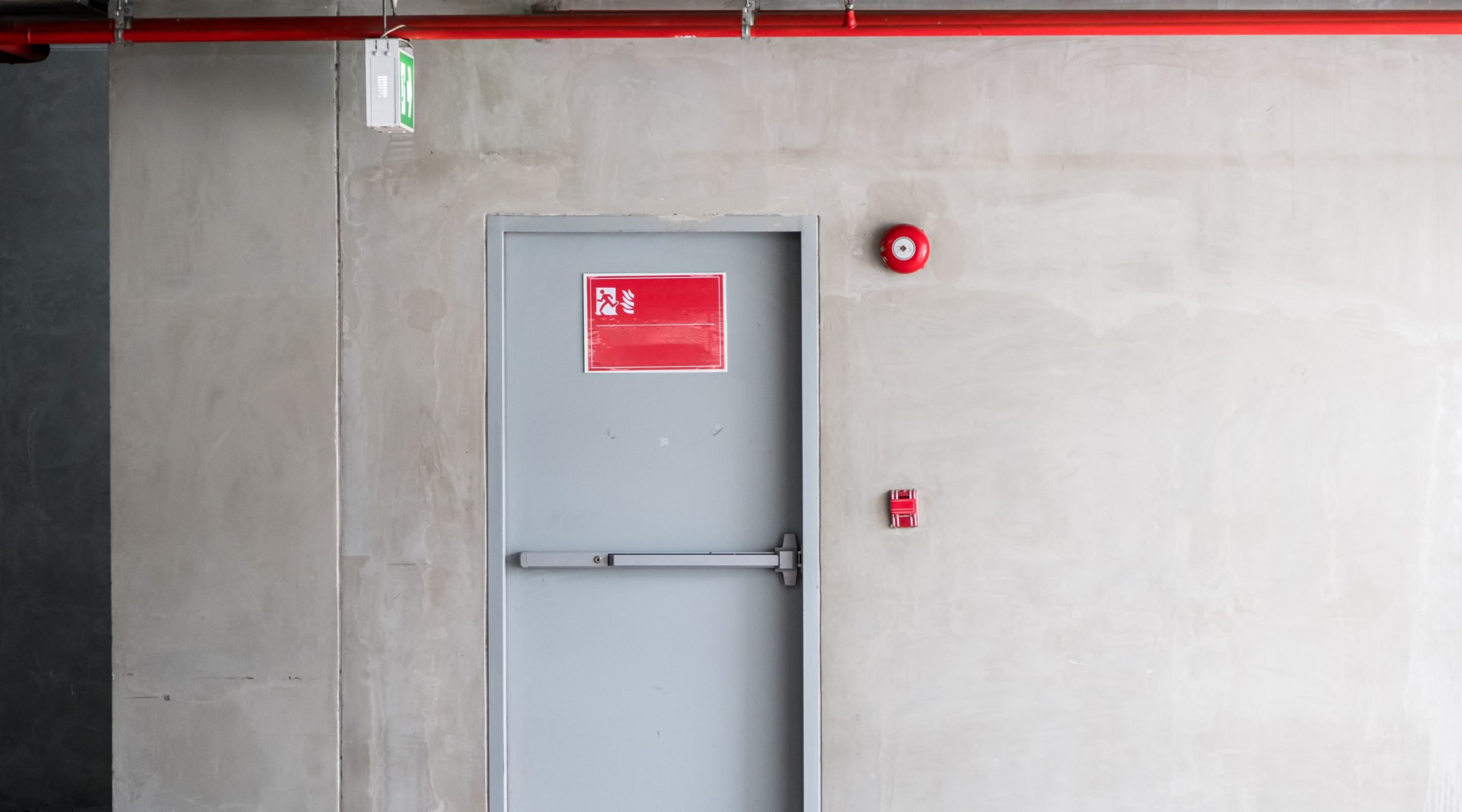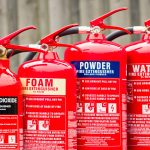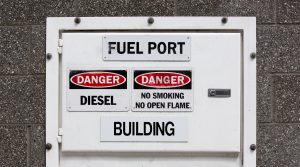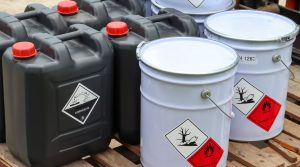
Fire Safety Tips for Singaporean SMEs: Protecting Your Business
Introduction
Fire safety is a fundamental concern for small and medium-sized enterprises (SMEs) in Singapore. A fire incident can lead to financial losses, business disruptions, and even pose life-threatening risks to employees and customers. Given the urban density and strict regulations in Singapore, SMEs must adopt proactive fire safety measures to safeguard their premises and operations. This article provides comprehensive fire safety tips tailored to the needs of Singaporean businesses.
1. Conduct Regular Fire Risk Assessments
Identifying potential fire hazards is the first step in preventing fire incidents. SMEs should conduct routine fire risk assessments to evaluate:
Flammable materials and their storage conditions
Electrical wiring and equipment safety
Emergency exit accessibility and signage visibility
Fire suppression systems’ effectiveness
Engaging professional fire safety consultants can help businesses recognize hidden risks and implement mitigation strategies.
2. Install and Maintain Fire Safety Equipment
Every business should be equipped with appropriate fire safety tools to respond swiftly in an emergency. Key fire safety equipment includes:
Fire extinguishers (ABC dry powder, CO2, or foam types based on business needs)
Smoke detectors and fire alarms
Automatic sprinkler systems
Fire blankets (especially in kitchens and industrial areas)
Routine maintenance and checks should be conducted to ensure all equipment remains functional.
3. Implement an Emergency Evacuation Plan
A well-structured evacuation plan ensures that employees and customers can exit safely during a fire emergency. Businesses should:
Clearly mark emergency exits and escape routes
Conduct regular fire drills to familiarize staff with evacuation procedures
Assign fire wardens to guide employees during an emergency
Display emergency contact numbers for the Singapore Civil Defence Force (SCDF)
4. Adhere to SCDF Fire Safety Regulations
Singapore has stringent fire safety regulations under the Fire Safety Act. SMEs must ensure compliance by:
Submitting fire safety plans for approval when renovating premises
Obtaining a Fire Safety Certificate (FSC) where required
Following SCDF guidelines for fire prevention in different industries
Non-compliance can result in hefty fines, business disruptions, or legal consequences.
5. Train Employees in Fire Safety Awareness
Employee preparedness is key to preventing and managing fire incidents. SMEs should provide regular fire safety training that covers:
Proper use of fire extinguishers
Identifying fire hazards in the workplace
Safe evacuation techniques
First aid response for burns and smoke inhalation
Interactive training sessions and hands-on demonstrations improve retention and preparedness.
6. Ensure Safe Electrical Practices
Electrical faults are one of the leading causes of fires in commercial spaces. SMEs should adopt safe electrical practices such as:
Avoiding overloaded power sockets and extension cords
Conducting regular electrical inspections by licensed electricians
Replacing damaged wires and faulty appliances promptly
Using surge protectors to prevent electrical fires
7. Store Flammable Materials Properly
Businesses dealing with flammable substances, such as restaurants and manufacturing units, should:
Store flammable liquids in approved safety containers
Keep such materials away from heat sources and electrical panels
Follow Material Safety Data Sheets (MSDS) for proper handling
Ensure adequate ventilation in storage areas
8. Establish a Fire Insurance Policy
Fire insurance provides financial protection in case of damage to property and assets. SMEs should:
Review their fire insurance coverage periodically
Ensure the policy covers business equipment, stock, and premises
Understand the claims process in case of fire-related incidents
Conclusion
Prioritizing fire safety in the workplace not only protects assets but also ensures business continuity and employee well-being. By implementing regular risk assessments, equipping premises with fire safety tools, training employees, and adhering to SCDF regulations, Singaporean SMEs can significantly reduce the risk of fire-related incidents. Taking proactive steps today can help businesses prevent costly disruptions and safeguard their future.






